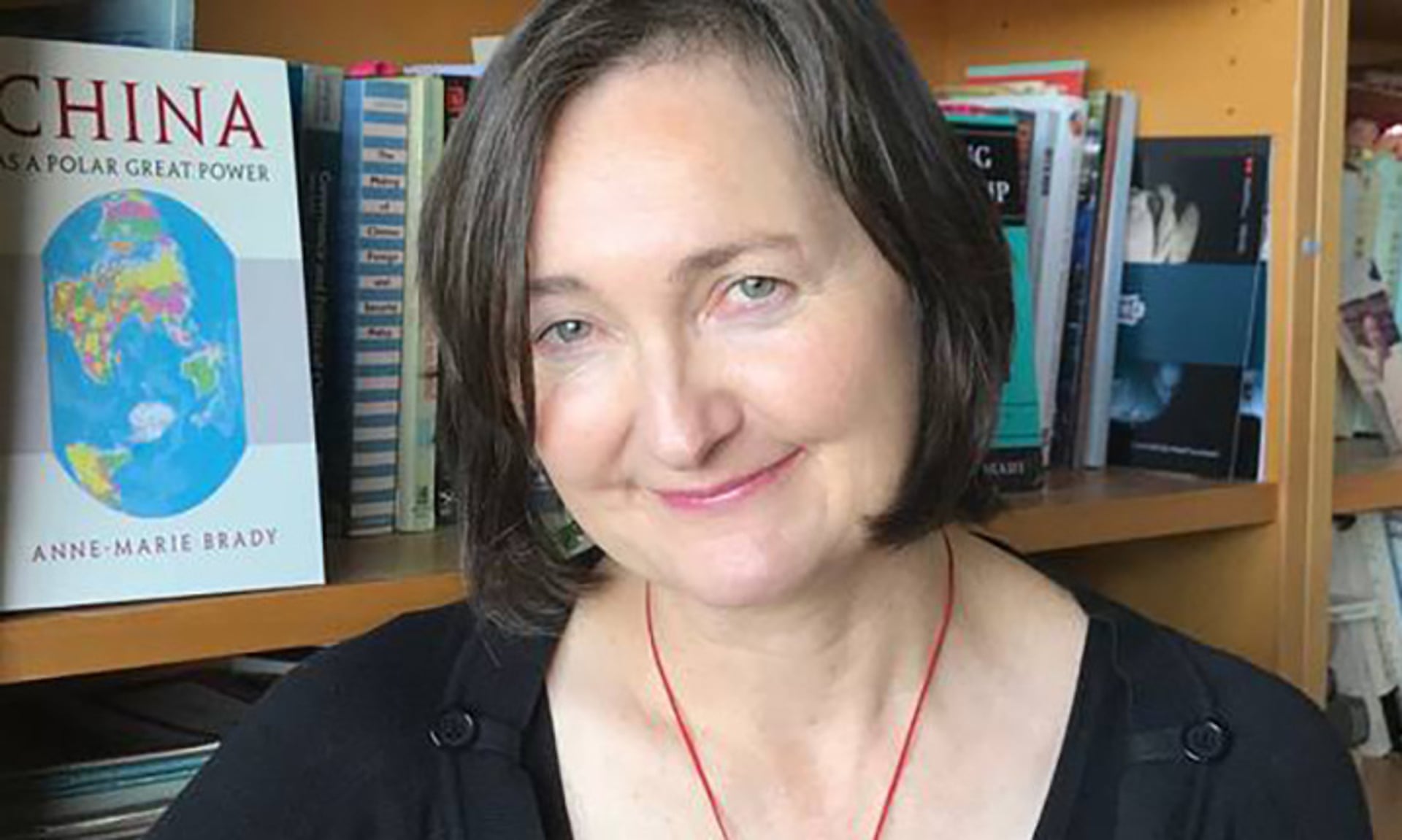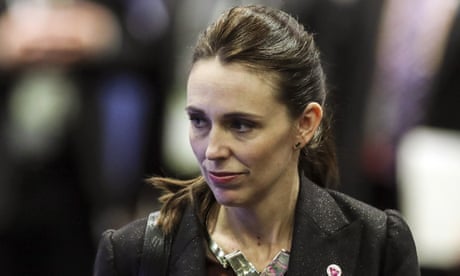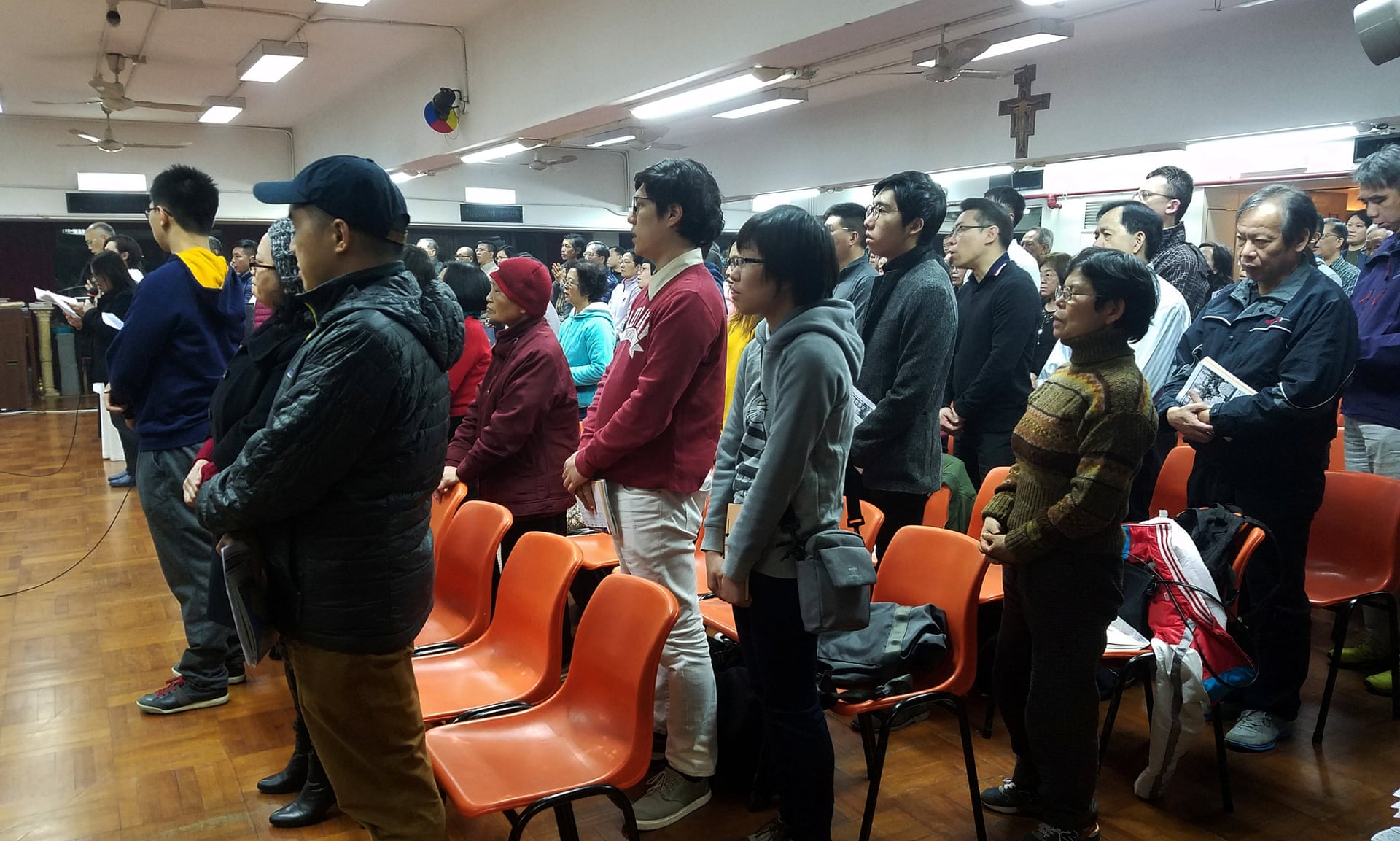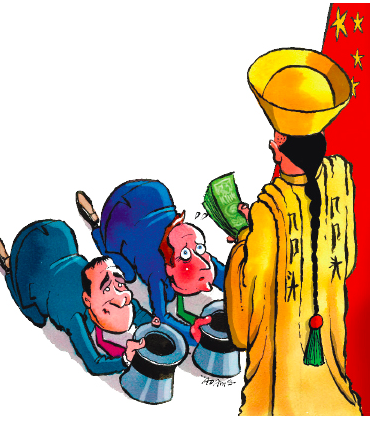By Chris Buckley and Catherine Porter

The Canadian embassy in Beijing, this month. Dozens of former diplomats have signed a letter warning that China’s recent arrests have made their work “unwelcome and risky in China.”
BEIJING — Warning that China’s arrest of two Canadians has created a dangerous chill for people working on policy and research in that country, more than 100 academics and former diplomats have signed an open letter calling for the two men to be immediately freed.
Made public on Monday, the letter was an international cry of concern from people who work and study in China, saying the arrests threaten the flow of ideas with Chinese academics and officials that is essential for policy work and research aimed at narrowing international rifts.
The letter warned China that the detentions will result in “greater distrust.”
Its signatories included 27 diplomats from seven countries and 116 scholars and academics from 19 countries.
“Meetings and exchanges are the foundation of serious research and diplomacy around the world, including for Chinese scholars and diplomats,” the letter said.
The arrests, though, “send a message that this kind of constructive work is unwelcome and risky in China.”
Timothy Brook, a professor of Chinese history at the University of British Columbia in Vancouver and one of the signatories, said in a phone interview, “If China wishes to be seen as a full and responsible member of the international community, it needs to set itself a much higher standard than this.”
“To punish Canada,” he added, “is really for China to say: ‘We have no friends in the world and we want no friends in the world. We will do just what we want on the terms that we want.’”
The Chinese police detained the two Canadians, Michael Kovrig and Michael Spavor, last month as officials in Beijing scrambled to press Canada to free Meng Wanzhou, a Chinese technology executive, arrested in Vancouver on Dec. 1, and held for extradition to the United States on fraud charges.
The Chinese government was enraged by Meng’s arrest.
The arrests of the Canadians, as well as a death sentence for drug trafficking given to a Canadian man by a Chinese court last week, have plunged Canadian-Chinese relations into their worst tensions in decades.
But the roster of signatories shows that the arrests of the two men have sent shivers far beyond Canada, and well beyond diplomatic concerns.
“The letter is important as a forum for China specialists to stand up and be counted, to speak up to defend one of our own,” said Anne-Marie Brady, a professor at the University of Canterbury in New Zealand who studies Chinese politics and who also signed the letter.
Timothy Brook, a professor of Chinese history at the University of British Columbia in Vancouver and one of the signatories, said in a phone interview, “If China wishes to be seen as a full and responsible member of the international community, it needs to set itself a much higher standard than this.”
“To punish Canada,” he added, “is really for China to say: ‘We have no friends in the world and we want no friends in the world. We will do just what we want on the terms that we want.’”
The Chinese police detained the two Canadians, Michael Kovrig and Michael Spavor, last month as officials in Beijing scrambled to press Canada to free Meng Wanzhou, a Chinese technology executive, arrested in Vancouver on Dec. 1, and held for extradition to the United States on fraud charges.
The Chinese government was enraged by Meng’s arrest.
The arrests of the Canadians, as well as a death sentence for drug trafficking given to a Canadian man by a Chinese court last week, have plunged Canadian-Chinese relations into their worst tensions in decades.
But the roster of signatories shows that the arrests of the two men have sent shivers far beyond Canada, and well beyond diplomatic concerns.
“The letter is important as a forum for China specialists to stand up and be counted, to speak up to defend one of our own,” said Anne-Marie Brady, a professor at the University of Canterbury in New Zealand who studies Chinese politics and who also signed the letter.
“We know it could be any one of us.”
“At the very least, speaking up in this way will keep the two men safe from harm,” Ms. Brady added. “The public campaign ensures the whole world is watching as China uses Canadian citizens as pawns in a wider geopolitical standoff.”
“At the very least, speaking up in this way will keep the two men safe from harm,” Ms. Brady added. “The public campaign ensures the whole world is watching as China uses Canadian citizens as pawns in a wider geopolitical standoff.”

Michael Kovrig, left, a former diplomat, and Michael Spavor, an entrepreneur with high-level contacts in North Korea, have been detained in China.
Other signatories were Sir Malcolm Rifkind, a former British foreign secretary, and Chris Patten, the former European commissioner for external relations.
Other signatories were Sir Malcolm Rifkind, a former British foreign secretary, and Chris Patten, the former European commissioner for external relations.
Two former American ambassadors to Beijing — Winston Lord and Gary Locke — also signed, as did six previous Canadian ambassadors to Beijing.
“Chinese actions are becoming out of line with international laws and global norms,” said Susan Shirk, an American signatory who served as deputy assistant secretary of state for China and the region.
“If the Chinese government and Communist Party feel they can simply detain people as part of what appears to be a dispute that’s really with the United States and Canada,” she said, “that puts all our bridge building efforts at risk.”
Also signing was Gareth Evans, the former Australian foreign minister who is president emeritus of the International Crisis Group, the nonprofit organization that Mr. Kovrig has worked for since 2017, after leaving the Canadian foreign service.
Since Mr. Kovrig and Mr. Spavor were detained, the Canadian government has campaigned for and received international support from a growing list of countries, including Spain, which last week demanded the men receive “fair, transparent and impartial treatment.”
The letter echoes that multilateral approach and defies the traditional Chinese foreign policy of isolating countries, said David Mulroney, a former Canadian ambassador to China.
“Maybe this represents a new approach, not that people are ganging up on China, but that the international community says this isn’t appropriate,” Mr. Mulroney said.
“Chinese actions are becoming out of line with international laws and global norms,” said Susan Shirk, an American signatory who served as deputy assistant secretary of state for China and the region.
“If the Chinese government and Communist Party feel they can simply detain people as part of what appears to be a dispute that’s really with the United States and Canada,” she said, “that puts all our bridge building efforts at risk.”
Also signing was Gareth Evans, the former Australian foreign minister who is president emeritus of the International Crisis Group, the nonprofit organization that Mr. Kovrig has worked for since 2017, after leaving the Canadian foreign service.
Since Mr. Kovrig and Mr. Spavor were detained, the Canadian government has campaigned for and received international support from a growing list of countries, including Spain, which last week demanded the men receive “fair, transparent and impartial treatment.”
The letter echoes that multilateral approach and defies the traditional Chinese foreign policy of isolating countries, said David Mulroney, a former Canadian ambassador to China.
“Maybe this represents a new approach, not that people are ganging up on China, but that the international community says this isn’t appropriate,” Mr. Mulroney said.
“The old isolate-and-dominate approach won’t work anymore.”
The Chinese Foreign Ministry has rejected the idea that the arrests and death sentence for the Canadian men were retribution for Meng’s arrest.
Even so, Chinese officials and media comments have argued that their country must defend itself. The open letter said experts and officials considering going to China would have to weigh the risks in the wake of the arrests.
Mr. Kovrig was seized at night from a street in Beijing about nine days after the Canadian police arrested Meng, the chief financial officer of Huawei, a Chinese technology giant.
She has been released on bail in Vancouver and is awaiting a decision on whether the Canadian government can extradite her to the United States, where prosecutors have accused her of bank fraud linked to business deals with Iran that contravene American sanctions.
As a diplomat and then an adviser for the International Crisis Group, Mr. Kovrig specialized in Chinese foreign policy, especially its role in North Korea and other Asian trouble spots.
The Chinese Foreign Ministry has rejected the idea that the arrests and death sentence for the Canadian men were retribution for Meng’s arrest.
Even so, Chinese officials and media comments have argued that their country must defend itself. The open letter said experts and officials considering going to China would have to weigh the risks in the wake of the arrests.
Mr. Kovrig was seized at night from a street in Beijing about nine days after the Canadian police arrested Meng, the chief financial officer of Huawei, a Chinese technology giant.
She has been released on bail in Vancouver and is awaiting a decision on whether the Canadian government can extradite her to the United States, where prosecutors have accused her of bank fraud linked to business deals with Iran that contravene American sanctions.
As a diplomat and then an adviser for the International Crisis Group, Mr. Kovrig specialized in Chinese foreign policy, especially its role in North Korea and other Asian trouble spots.
In China he attended meetings with Chinese officials and academics, and was interviewed on Chinese television programs.
Mr. Spavor, who was arrested soon after Mr. Kovrig, is a businessman who has made a specialty of securing access and business in North Korea.
Mr. Spavor, who was arrested soon after Mr. Kovrig, is a businessman who has made a specialty of securing access and business in North Korea.
The Chinese government has said both men are suspected of “harming national security,” a vague charge that can include espionage.
Last week, in a further escalation of the tensions between China and Canada, a court in northeast China sentenced to death a Canadian man, Robert Lloyd Schellenberg, who was convicted of drug smuggling.
Last week, in a further escalation of the tensions between China and Canada, a court in northeast China sentenced to death a Canadian man, Robert Lloyd Schellenberg, who was convicted of drug smuggling.
Mr. Schellenberg’s lawyer said the death sentence was extraordinarily swift, coming on the same day as his retrial, which had been ordered at an appeal hearing in later December.


 Catholics in Hong Kong gather at the news that Beijing and the Vatican, whose relations were severed after the Communist state was founded in 1949, have reached a deal.
Catholics in Hong Kong gather at the news that Beijing and the Vatican, whose relations were severed after the Communist state was founded in 1949, have reached a deal. 